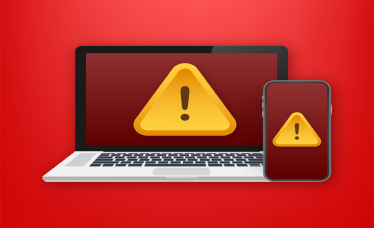Protect Against Skimmers, Pt. I: Phony EMV “Invoices” and All-Too-Real Skimmers
Unfortunately, both this week and next, we have a couple of scams affecting merchants to warn you about(protect against skimmers), either trying to pry money out of merchants directly, through phony invoices, or to get that money from your customers by “skimming” their credit card information.
Protect Against Skimmers: Phony Invoices
On the phony invoice front, it turns out these scammers are sending invoices from a so-called “EMV Certification Group,” which tend to look very convincing.
Indeed, they tend to look like our sample to your right.
Sometimes other fake company names are used, like “Chip Card Merchant Registration,” all to make merchants to believe that these invoices are real. The fraudsters then ask merchants to send anywhere from $40 to $200, depending on the size of the “bill”
In some cases, the scammers go a step further and request banking information for the purpose of recurring billing, which makes the situation even more alarming.
If you get one of these phony invoices, or suspect something may be wrong, contact your AVPS Rep and let us know! We will keep you updated as more about this scam unfolds.
Protect Against Skimmers: Skimmers
Meanwhile, Visa Global Payment System Risk has warned of incidents involving suspects who place skimming devices on point-of–sale (POS) terminals for the purpose of collecting the payment card information of your customers, including their PINs.
Fraudsters utilize that information to produce counterfeit cards for unauthorized ATM withdrawals or purchases of resalable goods before authorities deactivate the card. Recently, there has been an increase in targeting self-checkout lanes in supermarkets, although any unattended POS terminal, such as those found at busy or remote counters or stands, can be vulnerable.
The other pattern is that the scamsters will often target numerous stores within a geographic area for a certain period of time before moving to a new location. So two things to do in your own physical store:
- Become aware of the placement of all POS devices
- Stay alert for news of skimming devices in any area businesses
One of the catches? Most of those targeted are POS devices that still haven’t been upgraded to accept EMV cards.
Don’t let this be you. Once again, contact your AVPS rep today.
We’ll have Part II of our Scam Alert Warning next week.








